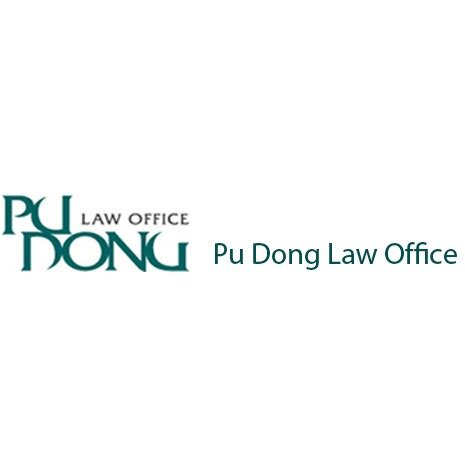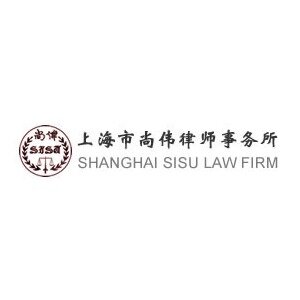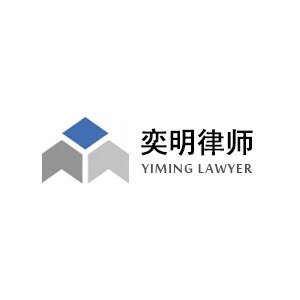Best Education Law Lawyers in China
Share your needs with us, get contacted by law firms.
Free. Takes 2 min.
Or refine your search by selecting a city:
List of the best lawyers in China
About Education Law in China
Education Law in China is a comprehensive legal framework that governs the education system, ensuring the right to education for every citizen while setting standards for educational institutions. Key laws include the Education Law of the People's Republic of China, the Compulsory Education Law, and the Higher Education Law. These laws aim to guarantee equitable access to education, enhance educational quality, and promote educational reforms. They cover aspects like educational rights and obligations, teacher's conduct, admissions policies, and the management of private and public educational institutions.
Why You May Need a Lawyer
There are several situations where legal assistance might be necessary in Education Law:
- Disputes over admissions or expulsions from educational institutions.
- Issues concerning educational equity and non-discrimination policies.
- Cases involving teacher misconduct or rights violations.
- Legal compliance for establishing or operating private educational institutions.
- Disciplinary actions or academic integrity issues in universities.
- Special education needs advocacy and rights protection.
A lawyer specializing in Education Law can provide invaluable advice and representation in these circumstances, helping protect rights and navigate complex regulations.
Local Laws Overview
Key aspects of local laws relevant to Education Law in China include:
- Compulsory Education Law: Specifies nine years of mandatory education for children, promotes equal education rights, and prohibits discrimination in admissions.
- Teacher Law: Defines the rights and obligations of teachers, including qualifications, performance assessments, and ethical standards.
- Regulations for Private Education: Provides guidelines on the establishment, management, and supervision of private schools to ensure compliance with national education standards.
- Special Education Support: Laws and policies to support educational opportunities for students with disabilities and other special education needs.
- Higher Education Law: Outlines governance, academic autonomy, and quality assurance in higher education institutions.
Frequently Asked Questions
What is the age for compulsory education in China?
In China, compulsory education begins at age six and continues for nine years, covering primary and junior secondary education.
Can foreign students attend Chinese schools?
Yes, foreign students can attend Chinese schools, but they must comply with regulations set by the Ministry of Education and obtain the necessary study visas.
Are private schools regulated differently than public schools?
Yes, private schools in China are subject to specific regulations regarding their establishment, operation, and management to ensure they meet national education standards.
How are disputes between teachers and educational institutions resolved?
Disputes between teachers and educational institutions can be resolved through mediation, arbitration, or legal proceedings based on relevant labor and education laws.
What rights do students with disabilities have?
Students with disabilities are entitled to equal access to education, appropriate accommodations, and support services as outlined in national special education policies.
How can parents challenge an unfair school dismissal?
Parents can seek legal advice to challenge an unfair dismissal through administrative appeals or by filing a complaint with educational authorities.
What should I do if I face discrimination in school admissions?
If you face discrimination in school admissions, you can file a complaint with local education authorities or seek legal counsel to address the issue.
Do schools need a license to operate in China?
Yes, both public and private schools must obtain the necessary licenses and permits from educational authorities to legally operate in China.
Are homeschooling options available in China?
Homeschooling is not widely recognized or supported in China; however, some families may use informal channels for home-based education, though it lacks legal backing.
What are the penalties for violating education laws?
Penalties for violating education laws in China can range from fines to revocation of school licenses, as well as civil or criminal liabilities depending on the severity of the violation.
Additional Resources
For further assistance or more information, consider reaching out to the following resources:
- The Ministry of Education of the People’s Republic of China: The national authority responsible for education policy and regulation.
- Local Educational Departments: Provincial and municipal bodies that oversee compliance with national and local education laws.
- Professional Legal Associations: Organizations such as the China Law Society that can provide guidance or referrals to education law specialists.
Next Steps
If you need legal assistance with an education-related issue, consider the following steps:
- Research: Gather detailed information about your situation and relevant regulations.
- Consult a Lawyer: Seek out a legal professional who specializes in Education Law for personalized advice and representation.
- Documentation: Prepare and organize all necessary documents, including correspondence with educational institutions and relevant legal paperwork.
- Legal Action: If necessary, proceed with legal action based on your lawyer's recommendations to protect your rights or seek resolution.
Taking these steps will help ensure that you are well-prepared to address your educational law concerns effectively.
Lawzana helps you find the best lawyers and law firms in China through a curated and pre-screened list of qualified legal professionals. Our platform offers rankings and detailed profiles of attorneys and law firms, allowing you to compare based on practice areas, including Education Law, experience, and client feedback.
Each profile includes a description of the firm's areas of practice, client reviews, team members and partners, year of establishment, spoken languages, office locations, contact information, social media presence, and any published articles or resources. Most firms on our platform speak English and are experienced in both local and international legal matters.
Get a quote from top-rated law firms in China — quickly, securely, and without unnecessary hassle.
Disclaimer:
The information provided on this page is for general informational purposes only and does not constitute legal advice. While we strive to ensure the accuracy and relevance of the content, legal information may change over time, and interpretations of the law can vary. You should always consult with a qualified legal professional for advice specific to your situation.
We disclaim all liability for actions taken or not taken based on the content of this page. If you believe any information is incorrect or outdated, please contact us, and we will review and update it where appropriate.
Browse education law law firms by city in China
Refine your search by selecting a city.












